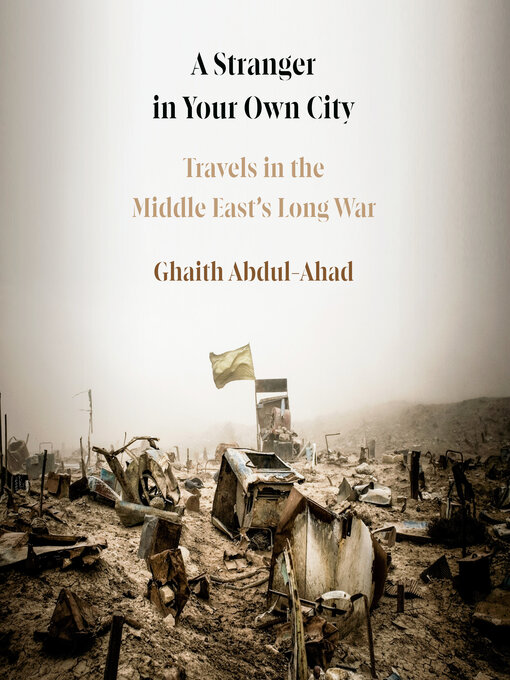“An essential insider account of the unravelling of Iraq…Driven by his intimate knowledge and deep personal stakes, Abdul-Ahad…offers an overdue reckoning with a broken history.”—Declan Walsh, author of The Nine Lives of Pakistan: Dispatches from a Precarious State
“A vital archive of a time and place in history…Impossible to put down.”—Omar El Akkad, author of What Strange Paradise
The history of reportage has often depended on outsiders—Ryszard Kapuściński witnessing the fall of the shah in Iran, Frances FitzGerald observing the aftermath of the American war in Vietnam. What would happen if a native son was so estranged from his city by war that he could, in essence, view it as an outsider? What kind of portrait of a war-wracked place and people might he present?
A Stranger in Your Own City is award-winning writer Ghaith Abdul-Ahad’s vivid, shattering response. This is not a book about Iraq’s history or an inventory of the many Middle Eastern wars that have consumed the nation over the past several decades. This is the tale of a people who once lived under the rule of a megalomaniacal leader who shaped the state in his own image; a people who watched a foreign army invade, topple that leader, demolish the state, and then invent a new country; who experienced the horror of having their home fragmented into a hundred different cities.
When the “Shock and Awe” campaign began in March 2003, Abdul-Ahad was an architect. Within months he would become a translator, then a fixer, then a reporter for The Guardian and elsewhere, chronicling the unbuilding of his centuries-old cosmopolitan city. Beginning at that moment and spanning twenty years, Abdul-Ahad’s book decenters the West and in its place focuses on everyday people, soldiers, mercenaries, citizens blown sideways through life by the war, and the proliferation of sectarian battles that continue to this day. Here is their Iraq, seen from the inside: the human cost of violence, the shifting allegiances, the generational change.
A Stranger in Your Own City is a rare work of beauty and tragedy whose power and relevance lie in its attempt to return the land to the people to whom it belongs.


